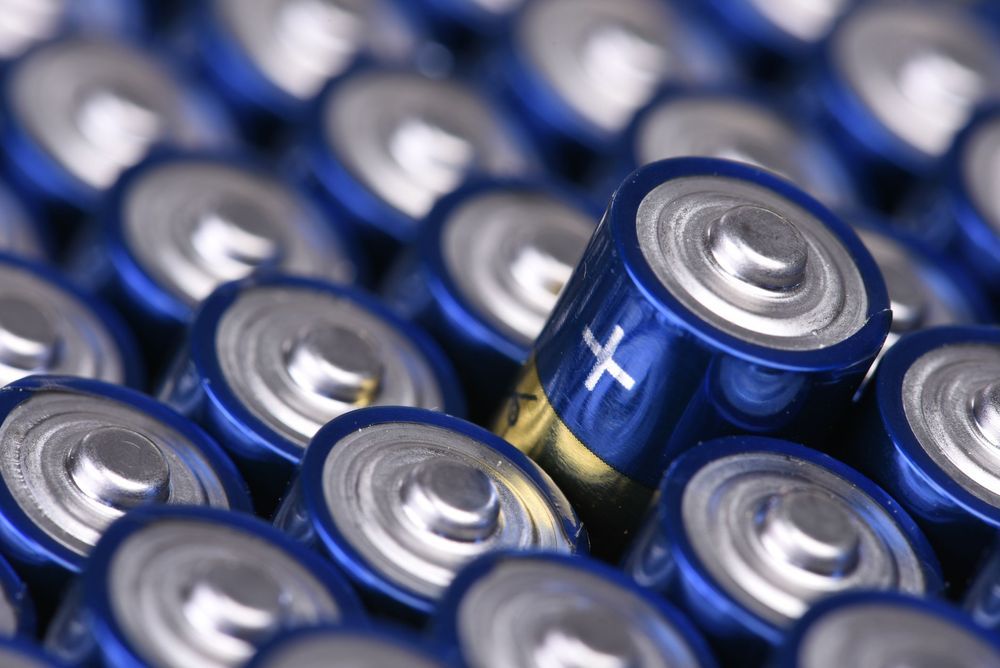AUSTIN, Texas — Researchers in the Cockrell School of Engineering at The University of Texas at Austin have built a new type of battery that combines the many benefits of existing options while eliminating their key shortcomings and saving energy.
Most batteries are composed of either solid-state electrodes, such as lithium-ion batteries for portable electronics, or liquid-state electrodes, including flow batteries for smart grids. The UT researchers have created what they call a “room-temperature all-liquid-metal battery,” which includes the best of both worlds of liquid- and solid-state batteries.
Solid-state batteries feature significant capacity for energy storage, but they typically encounter numerous problems that cause them to degrade over time and become less efficient. Liquid-state batteries can deliver energy more efficiently, without the long-term decay of sold-state devices, but they either fall short on high energy demands or require significant resources to constantly heat the electrodes and keep them molten.










Comments are closed.